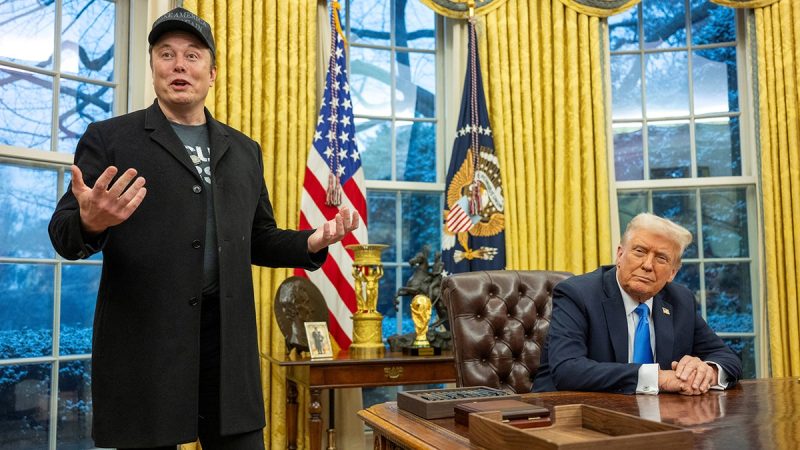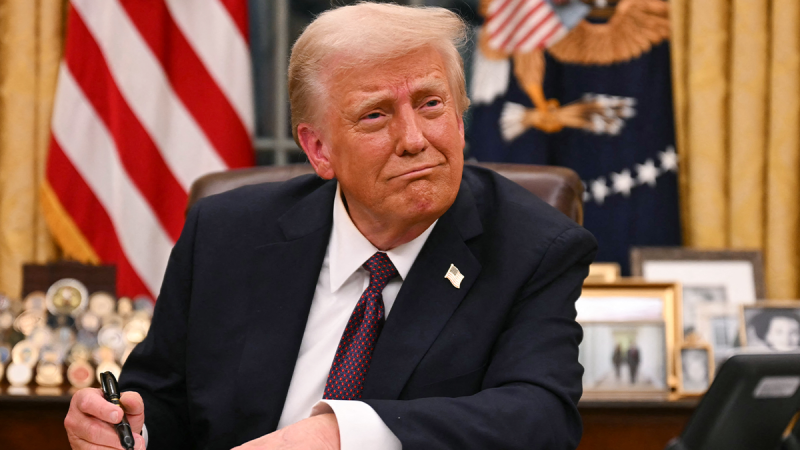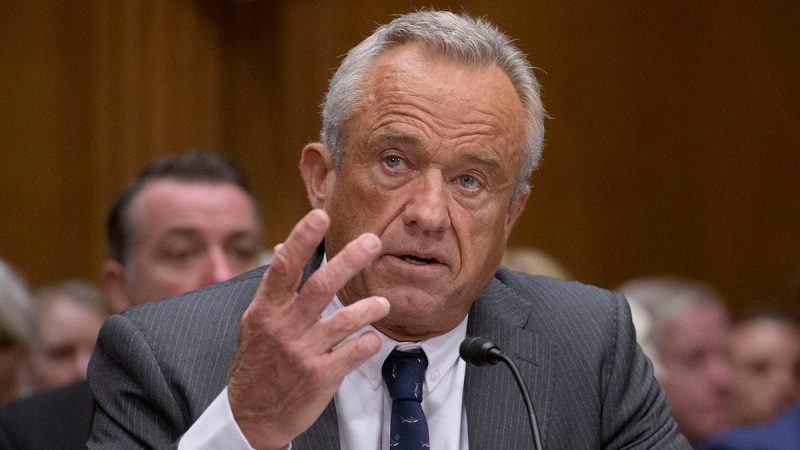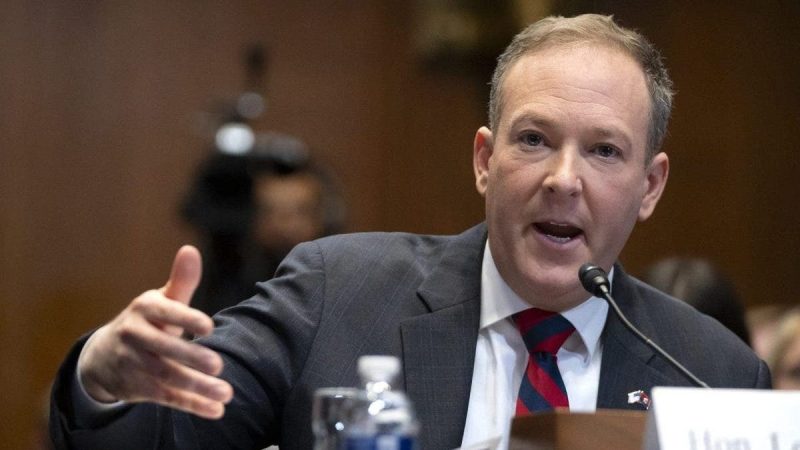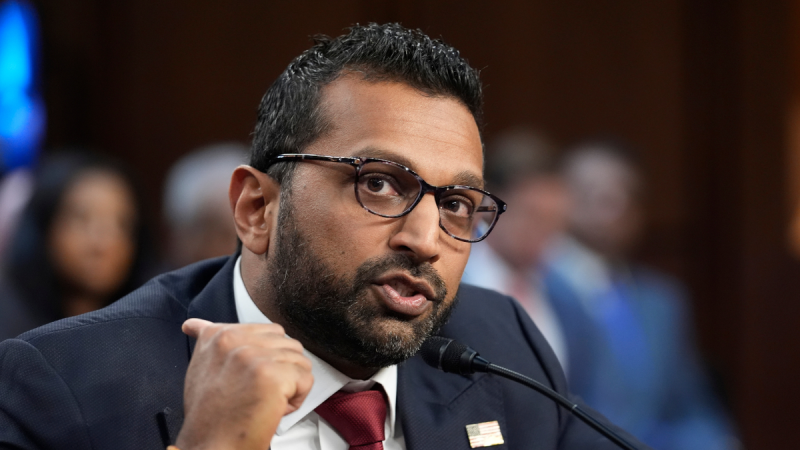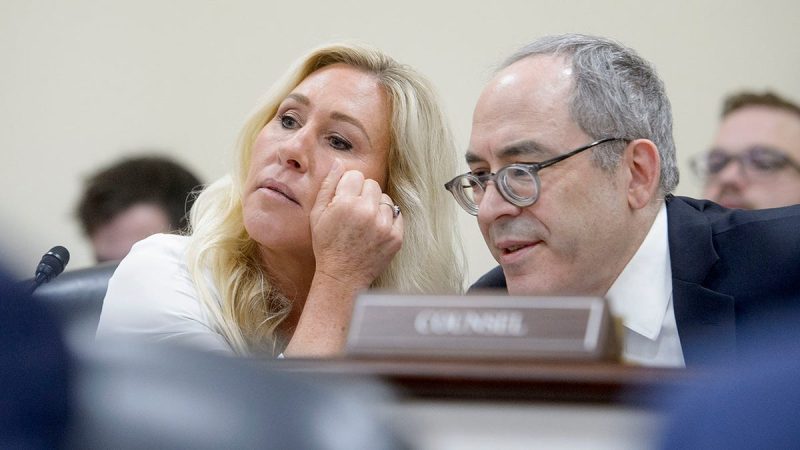
The House Subcommittee on Delivering on Government Efficiency held its first ever hearing Wednesday, as Republicans criticized the soaring $36 trillion national debt, as well as Democrats’ condemnation of Elon Musk’s effort to slash waste.
In her opening statement, Chairwoman Rep. Marjorie Taylor Greene, R-S.C., said the committee must be ‘brutally honest about how this massive debt came to be in the first place – it came from Congress and from elected presidential administrations.’
‘We as Republicans and Democrats can still hold tightly to our beliefs, but we are going to have to let go of funding them in order to save our sinking ship,’ Greene said. ‘This is not a time for political theater and partisan attacks. The American people are watching. The legislative branch can’t sit on the sidelines. In this subcommittee, we will fight the war on waste shoulder to shoulder with President Trump, Elon Musk and the DOGE team.’
Greene said, ‘enslaving our nation in debt’ is one of the ‘biggest betrayals against the American people’s own elected government’ and vowed that her subcommittee, operating under the House Oversight Committee, would work with President Donald Trump’s newly created Department of Government Efficiency (DOGE), which is spearheaded by Musk as part of the executive branch.
‘The federal government, government employees, and unelected bureaucrats do not live by the same rules as the great American people and private businesses,’ Greene said. ‘The federal government’s income is the American people’s hard-earned tax dollars. Their literal blood, sweat and tears and taxes are collected by law at gunpoint. Don’t pay your taxes and you go to jail. The federal government does not have to provide excellent customer service to earn its income. It takes your money whether you like it or not. And federal employees receive their paycheck no matter what.’
The subcommittee’s highest ranking Democrat, Rep. Melanie Stanbury of New Mexico, used her opening statement to slam Trump and Musk’s efforts, despite agreeing to a bipartisan approach to ‘digging into the more than $236 billion in improper payments that we see going out the door every single year,’ as well as ‘putting into place rigorous oversight and controls to prevent fraud and abuse, and, of course, to go after bad actors.’
‘We can’t just sit here today and pretend like everything is normal and that this is just another hearing on government efficiency,’ Stanbury said. ‘Because while we’re sitting here, Donald Trump and Elon Musk are recklessly and illegally dismantling the federal government, shuttering federal agencies, firing federal workers, withholding funds vital to the safety and well-being of our communities, and hacking our sensitive data systems.’
One of the witnesses, Stephen Whitson of the Foundation for Government Accountability, testified that DOGE’s efforts have exposed $59 million paid to luxury hotels in New York City to house illegal immigrants, $1.5 million to advance diversity, equity and inclusion in Serbia’s workplaces, $32,000 for a transgender comic book in Peru, $10 million worth of food assistance funneled to al Qaeda and ‘the list goes on.’
‘But rather than applauding the work of DOGE, the left has launched a coordinated campaign to try to demonize Mr. Musk with the hope of shifting focus away from the disastrous waste, fraud and abuse that occurred on Biden’s watch. But guess what? It’s not working,’ Whitson said.
He shifted to the focus of Wednesday’s subcommittee hearing, Medicaid waste and fraud, testifying that more than 80% of improper Medicaid payments are due to eligibility errors, which Congress must address. Whitson testified that one in five dollars spent on Medicaid is improper, and Medicaid fraud and mismanagement is on track to cost U.S. taxpayers $1 trillion in the next 10 years.
Whitson also offered Congress three ways to support Trump’s DOGE effort. The first is for Congress to strengthen the Medicaid program through legislative action. He testified that both the Biden and Obama administrations issued rules and guidance that made it harder for states to verify eligibility for Medicaid. He said repealing Biden’s Medicaid streamlining rule, which restricts eligibility verification that states can perform, would save $164 billion over 10 years.
In a later exchange, Whitson said the Biden-era rule prohibits states from verifying eligibility more than once a year and prohibits in-person or phone call interviews to verify the recipient’s identity.
It also opens ‘lengthy reconsideration periods,’ opening the door for illegal immigrants to receive benefits.
‘A state has to wait at least 90 days’ before verifying whether a recipient is an illegal immigrant, Whitson said. ‘And actually what we’re seeing is it’s let some states to wait as long as 13 years.’
Secondly, Whitson said Congress could help DOGE by ‘ensuring that entrenched partisan bureaucrats don’t stand in the way of reform.’ To do that, Congress must codify the president’s authority ‘to fire unproductive or insubordinate agency employees as needed,’ as well as grant the president authority to permanently eliminate vacant positions and consolidate nonessential positions across agencies and departments to help promote efficiency, Whitson said.
‘Personnel is policy, and without competent staff to faithfully execute the president’s agenda, the DOGE project will fail,’ he said.
Thirdly, Whitson called on Congress to pass the REINS Act to ‘make President Trump’s DOGE cost-cutting and de-regulatory reforms permanent.’
‘There’s only one big problem with the DOGE effort. Most of its work can be undone by a future president with the stroke of a pen,’ he said, adding that the REINS Act would ‘return Article One budgetary power of the purse to Congress while promoting deregulation. It would also help lock in the DOGE reforms and cement President Trump’s legacy as the most consequential de-regulatory and cost-cutting president in U.S. history.’
At another point in the hearing, Rep. Eric Burlison, R-Mo., played out archived video of former President Bill Clinton in 1997 and former President Barack Obama in 2011 pledging to reduce the federal workforce and close hundreds of government offices outside of Washington. Obama spoke in 2011 of his administration’s ‘Campaign to Cut Waste,’ saying at the time, ‘We thought that it was entirely appropriate for our governments and our agencies to try to root out waste, large and small, in a systematic way.’ From the Oval Office, Obama added that ‘a lot of the action is in Congress and legislative, but in the meantime, we don’t need to wait for Congress in order to, do something about wasteful spending that’s out there.’
Burlison said the video was meant to ‘remind my Democratic friends at a point in which you once had the majority of the American people on your side.’






